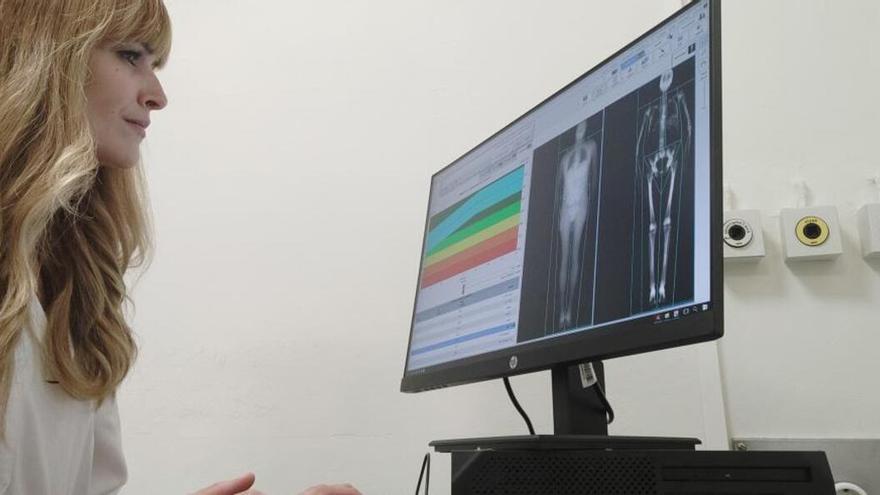They are looking for 120 shift workers, including night workers, for a study on diabetes prevention and control.

Diet that controls nutrient distribution during the day may improve diabetes control in shift workers. nights included. This is the hypothesis of a group of researchers from the Aragon Health Research Institute (IIS), whose study will be carried out at the Miguel Servet University Hospital (HUMS) in Zaragoza.
To conduct this research, We are looking for 120 volunteers (Man and woman). Requirements to enter it overweight, prediabetes (glucose over 100) or diabetes, shift workwho also work night shifts and have reached the age of majority. Those people who cannot attend will not be able to participate.taking medications for diabetes (with the exception of metformin) before bed or who drink coffee or energy drinks very often.
The members of the research team, led by Fernando Chiveira, professor of internal medicine at the University of Zaragoza, are doctors. Itziar Lamikiz and Rocio Mateo, both professors from the same university and a nutritionist Carmen Rodrigo, researcher at the Aragonese Health Research Institute (IIS Aragón).
The study builds on evidence that night shift workers have a higher risk of developing various diseases, including diabetes. These groups of workers They cannot change their work schedule. For this reason, the goal, according to researchers, is to find nutritional strategies that will prevent or control the effects of this pathology.
Compare three low-calorie diets
The study compares the effect three different types of low-calorie diets in participating volunteers. Each volunteer will be randomly assigned to one of three diets. “In addition to being included in one of three types of diets; Each of the participants will be provided with individual dietary recommendations and plans to help them follow the eating plan during the 12 weeks of the study,” said Rocío Mateo.
Participants are required to visit the Miguel Servet Hospital half a dozen times for visits and recommendations, and individual follow-up checks will be conducted every two weeks. Rocío Mateo noted that this study is innovative because few observational studies have been conducted. but not intervention studies with follow-up of this type.
Contact by email
Interested parties should contact the researchers via email: studioturnos2024@gmail.com.
The researchers called a meeting in the morning and another one on the afternoon of February 5 in the main auditorium of the Faculty of Medicine of Zaragoza to provide additional information to volunteers and resolve any doubts they may have.
